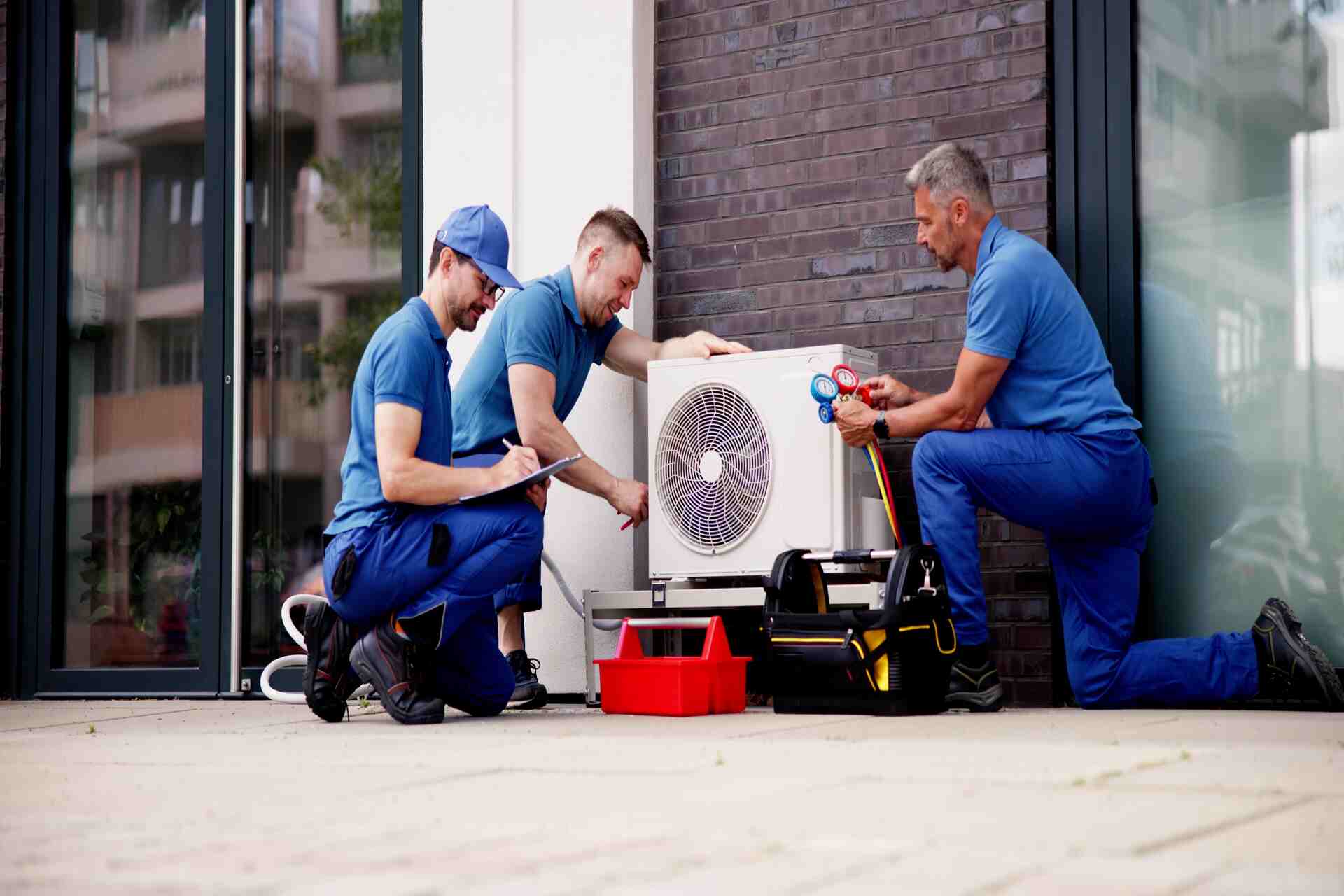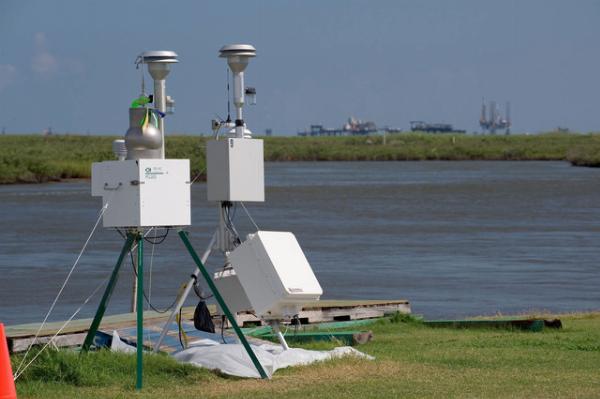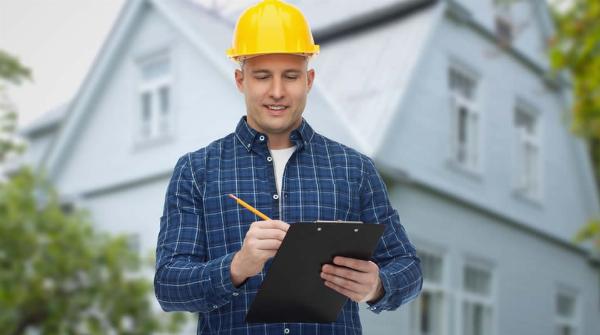HVAC Systems Explained: How They Work and Why They Matter

When the temperature rises in summer or drops in winter, your HVAC system is what keeps your home comfortable. But what exactly does HVAC mean, and how does it function? Whether you're a new homeowner or simply curious, this guide will break down how HVAC systems work and why they're essential for your home.
What Does HVAC Stand For?
HVAC stands for Heating, Ventilation, and Air Conditioning. These three components work together to regulate temperature, airflow, and indoor air quality, ensuring your home stays warm in the winter, cool in the summer, and well-ventilated throughout the year.
The Three Core Components of an HVAC System
An HVAC system consists of three key parts: Heating, Ventilation, and Air Conditioning. Here’s a closer look at each:
1. Heating: Keeping Your Home Warm During Cold Weather
The heating component of your HVAC system is responsible for keeping your home cozy in colder months. This is typically achieved using a furnace or a heat pump.
Furnace: A furnace burns gas, oil, or uses electricity to warm up air and distribute it through your home using ducts.
Heat Pump: A heat pump can both heat and cool your home by transferring warm air inside when it’s cold, and moving hot air outside when it’s warm.
2. Ventilation: Ensuring Proper Airflow and Fresh Air
Ventilation is critical for maintaining fresh air and proper humidity levels. It brings in clean outdoor air while removing stale indoor air. It also filters out dust, allergens, and other particles.
Ductwork: Ducts act as pathways that carry air throughout your home.
Air Filters: Filters trap dust, dirt, and other contaminants to maintain good air quality.
3. Air Conditioning: Keeping Your Home Cool in the Summer
Air conditioning ensures that your home stays comfortable during hot weather by cooling the air. It works by drawing warm air from indoors, cooling it, and recirculating it back into your home.
Air Conditioners or Heat Pumps: Both use refrigerants to absorb heat from indoor air and expel it outdoors.
Evaporator Coil: This coil absorbs heat from the air, helping to lower the indoor temperature.
How Does an HVAC System Function?
Let’s walk through the steps of how an HVAC system keeps your home at the perfect temperature.
Step 1: Set the Thermostat
The thermostat is the control center for your HVAC system. You set it to your preferred temperature, and it sends the signal to the system to either heat or cool your home.
Step 2: Heating or Cooling Kicks In
Heating Mode: If the temperature inside is lower than your set point, the furnace or heat pump will activate to warm the air.
Cooling Mode: If the indoor temperature exceeds your set point, the air conditioner or heat pump will turn on to cool the air.
Step 3: Air Circulation via Ducts
Once the air is heated or cooled, a blower fan pushes the air through the ducts, circulating it throughout your home.
Step 4: Ventilation Maintains Fresh Air
While the system is circulating air, the ventilation system brings in fresh air from outside and removes stale indoor air. Filters help clean the air as it moves through the ducts.
Step 5: Thermostat Maintains Desired Temperature
The thermostat continually checks the indoor temperature. Once the room reaches the desired temperature, the system will turn off until it needs to maintain the setting again.
Why HVAC Systems Are Essential: Key Benefits
HVAC systems are more than just a luxury—they offer several important benefits that improve your home’s comfort, air quality, and energy efficiency.
1. Year-Round Comfort
HVAC systems ensure your home stays at the perfect temperature, whether you need heating in the winter or cooling in the summer.
2. Cleaner Air
The filtration and ventilation functions of your HVAC system help remove dust, pollen, and other airborne particles. This is especially beneficial for people who suffer from allergies or asthma.
3. Energy Efficiency
Modern HVAC systems are much more energy-efficient than older models. This means lower energy bills and less environmental impact.
4. Quiet Operation
Today’s HVAC systems operate much more quietly than older units, so you can enjoy comfort without the distracting noise.
5. Smart Thermostat Features
Many HVAC systems come with smart thermostats, which allow you to adjust the temperature from your smartphone, even when you're not at home. This makes controlling your home’s climate more convenient and energy-efficient.
Common HVAC Issues and When to Get Repairs
Even the best HVAC systems can face issues over time. Here are some common problems that may require repairs:
Common HVAC Repairs
Clogged Filters: Dirty filters restrict airflow, making your system work harder and less efficiently.
Thermostat Issues: If the system isn’t heating or cooling properly, the thermostat might need recalibration or replacement.
Refrigerant Leaks: Low refrigerant levels can cause your air conditioner to lose its cooling power.
Worn-Out Parts: Parts like motors, fans, and belts can wear out over time and need to be replaced.
When to Replace Your HVAC System
It might be time to replace your HVAC system if:
It’s over 10-15 years old.
It requires frequent, costly repairs.
Your energy bills have increased despite routine maintenance.
There are hot or cold spots in your home.
The system uses outdated refrigerants.
Upgrading to a newer, more efficient system can help reduce energy costs and improve overall comfort.
Essential HVAC Maintenance Tips
Proper maintenance can extend the lifespan of your HVAC system and keep it running smoothly. Here are some tips for optimal HVAC care:
Change Filters Regularly: Replace air filters every 1-3 months to ensure proper airflow and air quality.
Annual Professional Maintenance: Schedule a professional inspection and maintenance check at least once a year to keep your system in top condition.
Clear Vents and Ducts: Keep vents and ducts free of obstructions, dust, and debris to allow air to flow freely.
Use a Programmable Thermostat: A programmable thermostat helps regulate the temperature efficiently and saves on energy costs.
Listen for Strange Noises: If your system makes unusual sounds, it might indicate a problem that needs to be addressed.
When to Call an HVAC Professional
While changing filters is a simple task, more complex issues require the expertise of a professional. Call an HVAC technician if:
Your system isn’t performing properly.
You notice unusual sounds or smells.
Your energy bills are rising unexpectedly.
You need an upgrade or replacement.
A qualified HVAC technician can diagnose the issue, perform necessary repairs, and ensure your system is working at peak efficiency.
Conclusion: The Importance of HVAC Systems for Your Home
Now that you understand what HVAC stands for and how it works, it’s clear that these systems are essential for keeping your home comfortable and healthy. With regular maintenance and timely repairs, your HVAC system can provide reliable performance for many years.
If you need HVAC repairs, maintenance, or installation, be sure to reach out to a professional technician for help. Keeping your system in top shape will ensure that your home remains comfortable all year long.
Note: IndiBlogHub features both user-submitted and editorial content. We do not verify third-party contributions. Read our Disclaimer and Privacy Policyfor details.







